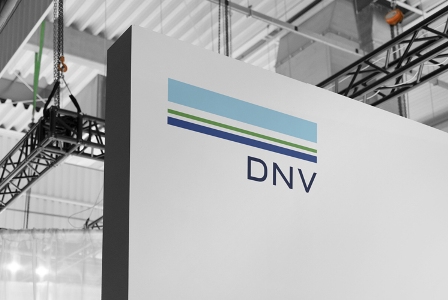
DNV partners with energy companies in three energy transition safety JIPs
DNV is leading three parallel joint industry projects (JIPs) to develop the existing KFX software, which simulates gas dispersion, fire and explosions, to increase safety in the deployment of energy transition solutions. The KFX computational fluid dynamics (CFD) software simulates what actually happens to liquids, vapour clouds and potential dry ice formation in the event of accidents. The simulations are used as the basis for design of installations and to mitigate consequences.
“DNV has in recent years been involved in CFD simulation software development projects. The joint industry projects for CCS, hydrogen and ammonia safety strengthen our commitment to the energy transition,” says Kenneth Vareide, CEO of Digital Solutions at DNV.
In the event of an accidental release, there are widely varying scenarios depending on the properties of the gases or liquids involved. The first JIP is a partnership between Equinor, TotalEnergies and DNV, and focuses on CO2. The research concentrates on the consequences of accidental release, depending on surrounding environmental conditions such as terrain and wind, combined with dry-ice formation and its impact on dispersion. The second JIP includes Equinor and DNV, focusing on hydrogen and the consequences of low storage temperatures, dispersion, fires and explosivity. The third JIP, with Equinor, Vår Energi, Horisont Energi and DNV, is developing solutions for ammonia safety, analysing alternative strategies to mitigate consequences of toxicity.
“DNV is committed to close collaboration with customers in the areas of hydrogen safety, CO2, ammonia and liquefied natural gas, enabling the accelerated energy transition journey,” says Trond Evanger, Head of Section of CFD Solutions at DNV.
KFX computational fluid dynamics software has been developed for more than 25 years by DNV in collaboration with Equinor, TotalEnergies, ConocoPhillips, Eni, Gassco, GRT GAZ and other energy companies, as well as the Research Council of Norway.
Information Source: Read More
ENERGY | ELECTRIC POWER | NATURAL GAS | AUTOMOTIVE | CLIMATE | RENEWABLE | WIND | TRANSITION | LPG | OIL & GAS | SOLAR | ELECTRIC VEHICLES| BIOMASS | SUSTAINABILITY | OIL PRICE |COMMODITIES | ELECTRIC POWER | NUCLEAR | LNG | REFINED PRODUCTS | SHIPPING|

